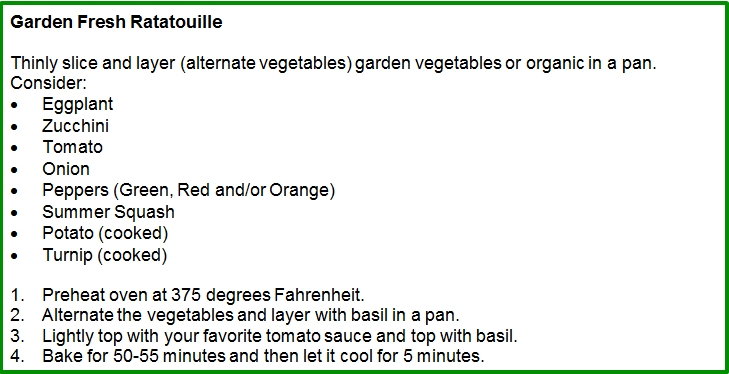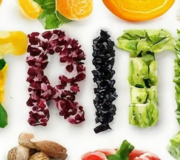The American population is growing and aging. As we collectively age, healthcare costs associated with sarcopenia are likely to increase. Sarcopenia is a major concern with aging as it affects quality of life and overall health. Sarcopenia is the loss of muscle mass associated with aging, and it is particularly common among women. Any health problem that predominantly affects women affects the population as a whole: women comprise over 50% of the population, and women aged 35 years and older make up the largest group.1 Individuals over age 60 show a significant increase in the effects of sarcopenia and research indicates that women start to lose muscle mass in their thirties.7

A recent position paper by the Academy of Nutrition and Dietetics states that protein intake above the recommended daily allowance (RDA) of 0.8 grams of protein per kilogram of body weight daily is beneficial for preventing sarcopenia.2 Several other groups including the European Society of Parental and Enteral Nutrition (ESPEN); Society on Sarcopenia, Cachexia, and Wasting Disorders have proposed increasing the protein intake recommendation to between 1.0 and 1.5 grams per kilogram per day for older adults, with the aim of reducing age-related muscle loss.3,4
A recent analysis from the large population-based Nurses’ Health Study II cohort showed that consuming vegetable-based protein may reduce the risk of early menopause, a life transition point in which women may start to lose muscle mass at a higher rate.5 Similarly, an observational study of 387 healthy postmenopausal women showed that they may need higher dietary protein intake than current recommendations suggest. In this study, subjects who consumed greater than the RDA of 0.8 grams per kilogram of protein had a significantly better lean-to-fat mass ratio and arm/leg strength compared to women who consumed less than 0.8 grams per kilogram of protein per day.6 Studies have shown that as adults age, they can benefit from added protein, preventing muscle loss. The body of evidence has grown to support the benefits of vegan protein.
Well-established clinical guidelines suggest that increased protein intake with supplemental branched chain amino acids (BCAA) can support maintenance of lean muscle mass as women age. A 2017 University of Massachusetts Amherst study supports the recommendation that women incorporate vegan protein into their diet. The researchers found that vegan protein prolongs the premenopausal period and improves health outcomes. Consuming added protein also was found to reduce the risk of sarcopenia.5
Tonight, consider swapping out a meal containing animal-based protein for a salad with some nuts and lentils or garden fresh ratatouille. One of our favorite recipes is below!



















